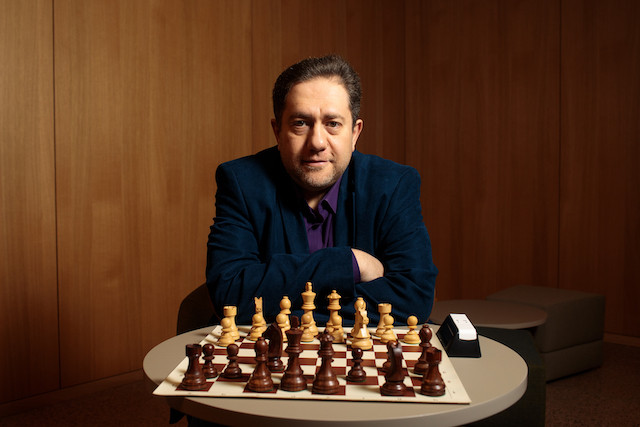For Haythem Kamel, living in a small country like Luxembourg has its pros and cons. Prior to moving there with his Armenian wife, the Egyptian national had visited almost every EU member state in his capacity as a trainer with the Council of Europe’s department for cultural dialogue and human rights education. He chose to move to Luxembourg in 2012 because of its multicultural demography, family friendliness and ease of networking. “Being in a small country also has its negatives, like housing, the prices are very high, and there are challenges because of the language issues.”
Kamel’s native tongue is Arabic. He also speaks English fluently and can communicate in French. Language can be a major barrier for integrating the job market in Luxembourg because unlike most European countries, it requires fluency in several languages. At the University of Luxembourg, where Kamel is in his final year of a PhD about integration in Luxembourg, the lingua franca is English. The danger here, he points out, is that people can quickly become stuck in linguistic bubbles. “When I came here, I was in a very small student bubble and knew nothing about Luxembourg. I could have thought it was a boring country but in reality, it wasn’t boring,” he recalls.
Seeing the importance of accompanying new arrivals in their integration, Kamel commits a lot of time and energy to supporting people in this process. He co-founded two integration associations: Formation et Sensibilisation de Luxembourg and Intangible World Heritage Organization, and supports several others such as the Arabic Association for Cultural Exchange. He’s most proud of Initiative Choukrane, a project financed by public funding body Oeuvre, which he coordinated within the Association des Egyptiens au Luxembourg.
“It was to help newcomers integrate, to give a resource point, maybe to help them with paperwork, or explain the school system,” Kamel explains. The project focused on breaking down the language barriers to share knowledge and served residents in homes for displaced people, among others. Although the finance has finished, the work continues informally. “I still interact with many people who came to this project. It’s a human relation, friendship for some.”
Kamel is a firm believer in practising what he preaches. Now a father, he says that he lives intercultural dialogue every day at home to. He closely follows current affairs in Luxembourg and is a member of his commune’s integration committee.
